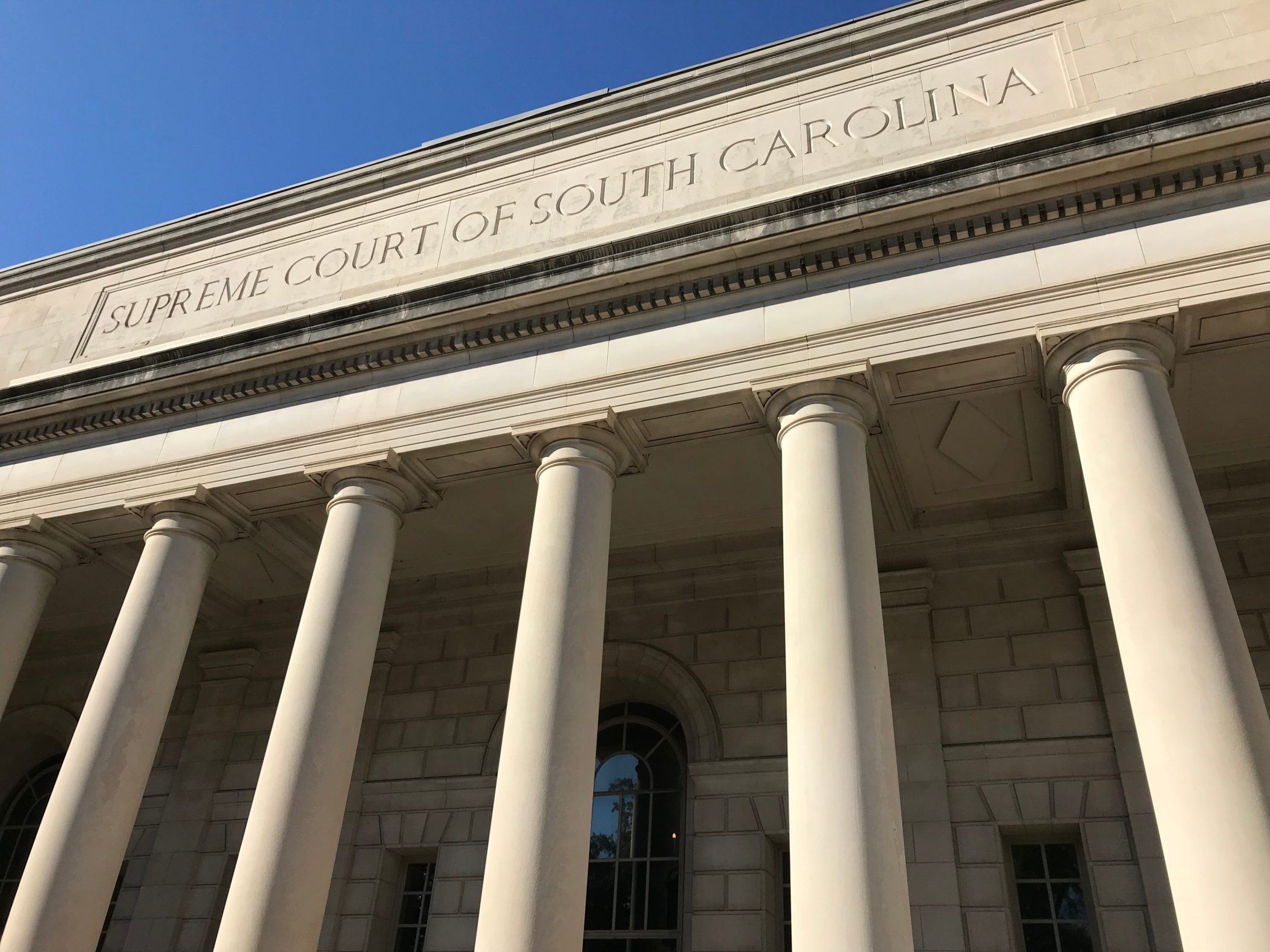SC Supreme Court: Chambers Of Commerce Not Subject To FOIA Law
In a major defeat for transparency in government, the South Carolina Supreme Court ruled 4-1 this weYou must Subscribe or log in to read the rest of this content.
In a major defeat for transparency in government, the South Carolina Supreme Court ruled 4-1 this we
